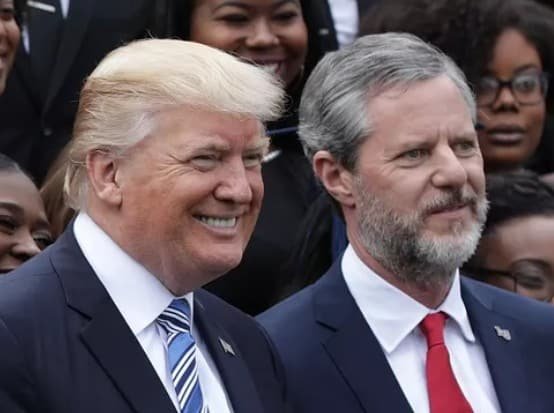
Robert Jones, CEO of the Public Religion Research Institute, comes from a line of white American Christians that stretches back before the Revolutionary War. His ancestors weren’t large plantation owners or Confederate generals, or ― as far as he knows ― active members of the Ku Klux Klan. For much of his life, Jones believed the “unremarkable” nature of his family’s background meant that white supremacy wasn’t a part of their history.
But he’s recently started to tell a different kind of story ― one that acknowledges that white privilege shaped his family’s sojourn on American soil.
His ancestors were wealthy enough to own slaves, Jones said. The family settled in Georgia on land the government seized from indigenous Creek and Cherokee people. They became Southern Baptists, part of a denomination founded in 1845 on the belief that it was perfectly moral for Christians to be slave owners.
Decades later, after Jones’s great-grandfather was killed in a clay mining accident, co-workers allegedly killed an innocent Black worker in retaliation. Jones still remembers how satisfied his great-uncle appeared while retelling that story, as if this arbitrary and unjustified act of racial violence helped balance the scales after a white man’s death.
It wouldn’t be hard for many white Christians to find examples of white supremacy’s claims on their own family’s trees, Jones said. But white Christians’ image of themselves and their religion has been warped by what Jones calls “white-supremacy-induced amnesia.”
Jones wrestles with that amnesia in his new book, “White Too Long: The Legacy of White Supremacy in American Christianity.” He argues that white Christians ― from evangelicals in the South to mainline Protestants in the Midwest to Catholics in the Northeast ― weren’t just complacent onlookers while political leaders debated what to do about slavery, segregation and discrimination. White supremacist theology played a key role in shaping the American church from the very beginning, influencing not just the way denominations formed but also white Christians’ theology about salvation itself. read more…
https://www.huffingtonpost.co.uk/p/huffingtonpostcouk-terms-of-service
ATTENTION READERS
We See The World From All Sides and Want YOU To Be Fully InformedIn fact, intentional disinformation is a disgraceful scourge in media today. So to assuage any possible errant incorrect information posted herein, we strongly encourage you to seek corroboration from other non-VT sources before forming an educated opinion.
About VT - Policies & Disclosures - Comment Policy




The centerpiece of the slaveholder propaganda campaign to justify their “peculiar institution” was that they had brought the knowledge of Jesus to the benighted African savages. They asserted that a lifetime of unpaid labor was their just due for their glorious generosity in offering the gift of “eternal life.”
In the first decades of the 19th century, the slaveholder aristocracy cynically revived the outdated doctrines of Biblical literalism and inerrancy that had been so thoroughly debunked and rejected in the 18th century Enlightenment. They funded itinerant preachers to travel from plantation to plantation spreading “the good news” to their human chattel. St. Paul’s exhortations, “slaves, obey your masters”, and “obey those whom God has placed in authority over you” were particularly popular sermon topics. These passages were tailor made to keep the slave masters’ victims docile with meaningless promises of freedom that would be theirs after they were dead if they submitted to unfreedom while they were alive.
Less affluent white southerners, increasingly marginalized and impoverished by the detrimental impact of slavery on the value of free labor, were also pressured into attending similar services and following these commands with equal vigor. This is the genesis of the modern fundamentalist movement, which today remains what it has always been, a powerful instrument of socio-political control and a most dangerous opponent of liberty.
It is a satisfying irony that the “good shepherd” really is an apt metaphor for this process, for the shepherd seeks not to ensure that his sheep become fully actualized individuals who live to ripe old ages in peace and prosperity, but rather to lull them into a false sense of security so they can be more easily fleeced, and ultimately butchered.
There can be no validate member of any Christian church, if he preaches white supremacism. There is no official religious text whatsoever that preaches or supports white supremacism. Supremacism is predominantly the trademark of nationalist churches like Church of England and their legacy. After the Church got separated from the State (which many VT authors hail), nationalism and church have become a dangerous combination.
Well, if the bible and the stories therein, are the basis for christianity, then the supremacy starts in the OT quite vigorously and continues unabated throughout.
I’m not sure what text is the basis for denying this, I’d love to see it. The twins, Judaism and Christianity are quite certainly united in a supremacy theology. And I haven’t seen a reference that suggests otherwise. I’m open to one if you have it.
Comments are closed.